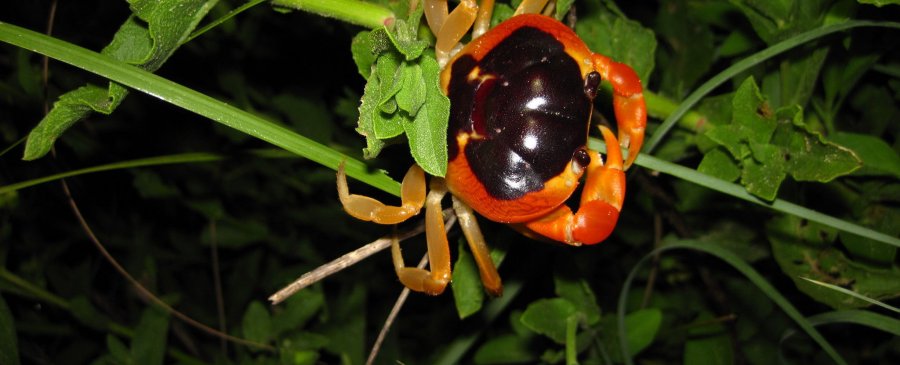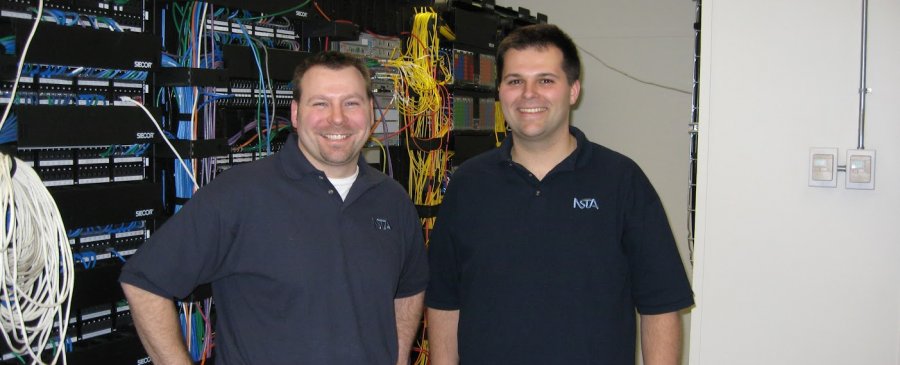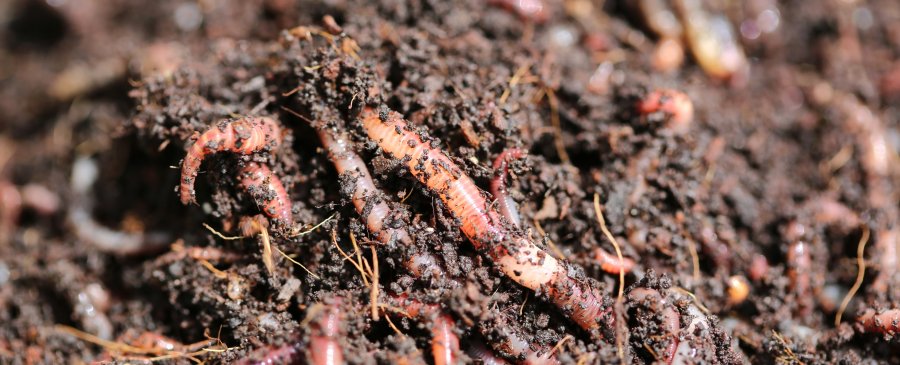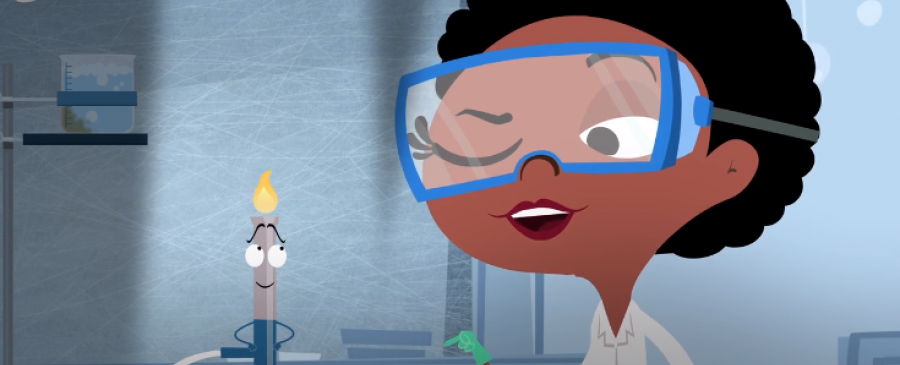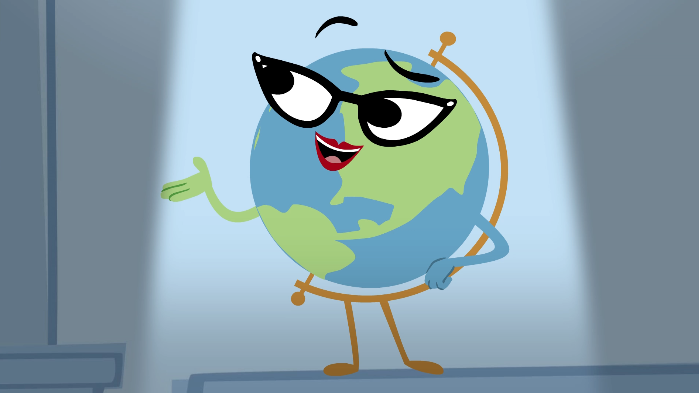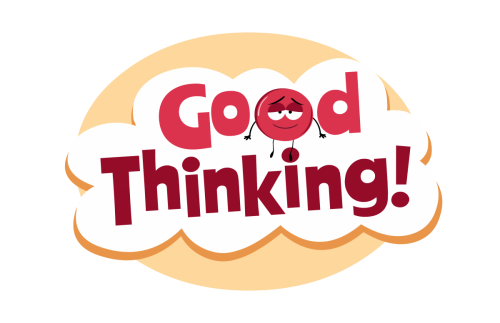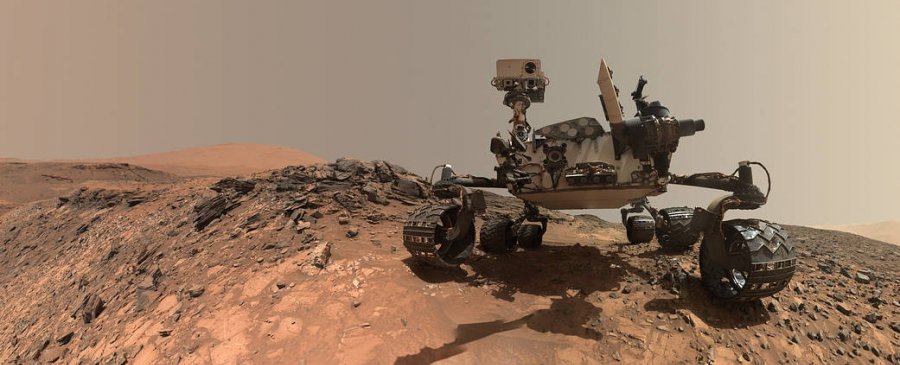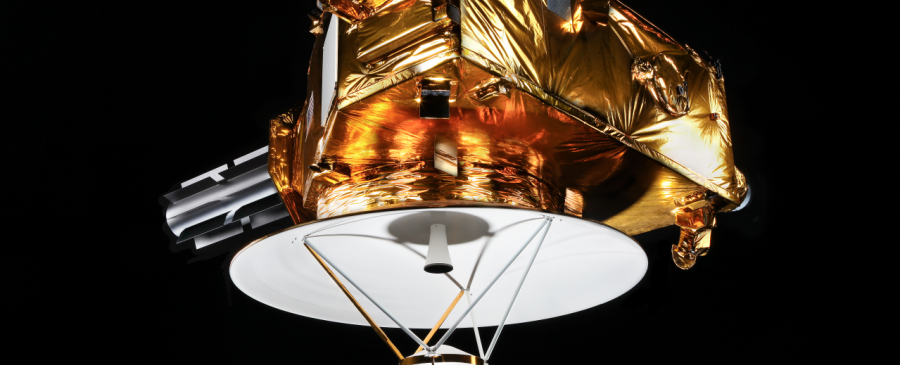Do you want to teach engineering in your classroom? Go for it; it’s not as hard as you might think. This is just the subject that Pamela Lottero-Purdue and I presented at the 2015 Smithsonian Science Education Forum. Throughout the day, attendees from all education backgrounds were able to see and participate in activities that bring engineering to life in any educational setting.
Metacognition is one of those terms thrown around education circles like tryptophan during Thanksgiving. It sounds good, and makes us seem smart, but we aren’t really sure what’s happening below the surface.
I’ve always believed that one of the best ways to understand something is to compare it with something it’s not. Turkey is NOT chicken. Hitting the snooze button is NOT getting out of bed. Metacognition is NOT cognition.
Cognition is the way we organize and store new information. It’s how we think and process information.
Ghost bats, witch fish – it seems like animals all over the world are permanently dressed up for Halloween! Thanks to the Encyclopedia of Life, supported by the Smithsonian, we found seven of these ghoulish creatures in honor of October 31st. If you thought this holiday was just for bats and spiders, think again!
Lab Out Loud started as an experiment. Could we bring a conversation about science education to a wider audience by delivering it through a new medium? After eight years, our audio podcast has developed into a passion that we've been fortunate to share with our listeners; every episode continues to teach us new things.
“I’m working with our app, Leafsnap,” the scientist said.
I hesitated before joining her. Visiting the Smithsonian National Museum of Natural History for a before-hours event, I had wandered into the room hoping the butterfly pavilion would be open early. (It wasn’t.) Instead, I found a lone scientist working with her iPhone and a few plants.
“Leafsnap is a free app based on facial recognition software,” she elaborated, gesturing to her phone. “You take a picture of a leaf, and it tells you what kind of plant it is.”
I stopped. It did what?
According to scientists, you’re probably neither.
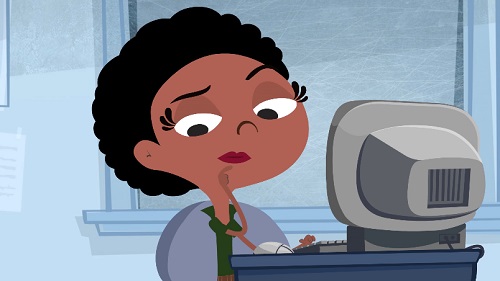
Many of us have asked ourselves this question at least once. The idea that people are either “left brained” (more concrete and analytical), or “right brained” (more abstract and creative), has been circulating in popular culture for decades. The lasting influence of this concept may be due to the natural human inclination to categorize everything —including the people around us.
Teachers are often asked the following question, "What makes someone a scientist?" Students in all grades ask this question a lot. Although there is no one clean answer, we hope to provide a little clarity for our teacher friends out there.
Being a scientist means being curious, passionate, and resourceful. Being a scientist means using evidence to make claims. It's a way of thinking. It's a mindset, but where does this scientific mindset come from? Is there a special combination of internal ingredients necessary for one to develop a scientific mindset?
On this Constitution Day we wanted to recognize the fascinating science behind preserving one of America's greatest documents. Constitution Day is celebrated every September 17 to recognize the signing of the United States Constitution.
"Constitution Day commemorates the formation and signing of the U.S. Constitution by thirty-nine brave men on September 17, 1787, recognizing all who, are born in the U.S. or by naturalization, have become citizens." -- www.constitutionday.com
The world of Good Thinking! is full of interesting characters, each of whom bring their own brand of humor and information to the series. None are as vital to the show's mission, however, as its main protagonist and star--science teacher Isabella Reyes. Ms. Reyes is the only character who appears in every Good Thinking! episode, and much of the series takes place either in her classroom or in her imagination.
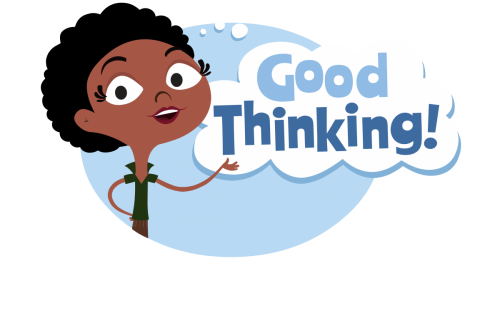
Inspired by our friends at FableVision, we decided to highlight what we did for the summer.
Summer is a very busy time for the Smithsonian Science Education Center. This summer, we brought you Good Thinking!, BumperDucks, Showbiz Safari, Explore Smithsonian, and ten leadership development and professional development programs. Yes, TEN! Somehow, a few of us managed to take a vacation.
Katya Vines, Science Curriculum Developer
Sometimes, a blue crab and a handful of Popsicle sticks can teach you more than a textbook.
This June at our Science Education Academy for Teachers on biodiversity, educators from across America discovered how scientists are learning from Mother Nature's engineering. As it turns out, many of the world's greatest technologies were invented long before humans figured out fire. Copying the designs and processes of life, or biomimicry, may hold the key to the science of the future -- and to a few amazing classroom lessons.
Biomimicry: Copying Designs from Life
The second Smithsonian Science Education Academy for Teachers (SSEAT) of the summer came to a successful close once again in the middle of July. The focus of this academy was Energy's Innovations and Implications. The participants heard from a diverse set of speakers on past, current, and future renewable sources of energy as well as how energy has transformed the world we live in for the past 200 years.
Brain freeze, sunburns, and bug bites -- welcome to summer! While summer in the Northern Hemisphere often conjures up images of swimming pools and beach umbrellas, it also comes with a few pains. While scientists can't make them go away (yet), they can at least tell us why we have to suffer through them! Maybe brain freeze, sunburns, and itchy bug bites can somehow be a good thing?
What causes brain freeze?
"The first step towards getting somewhere is to decide that you are not going to stay where you are." -- J.P. Morgan
Hello, my name is Tami McDonald. I am the Colorado Regional Coordinator for the Smithsonian Science Education Center LASER program. As a near native of Colorado, I am proud to be promoting inquiry science and excellent professional development locally. I believe the need to prepare our students to compete in an innovation-based economy is great. If kids are excited about science, technology, engineering, and math, their chances of solving future global problems increases.
Scientists at the University of California in San Francisco have been studying clustered regularly interspaced short palindromic repeats, or CRISPRs for short, in prokaryotic (single-celled) organisms such as bacteria.
Cancer.
Whenever I'm engaged in small talk at a conference, soiree, or any other miscellaneous function where people talk about what they do (in Washington DC, that happens to be all functions, everywhere), someone invariably responds to my description of my vitae with a well-meaning, "It's so great that you are showing kids that science can be fun!" Of course I appreciate people's enthusiasm in what I do; I firmly believe that science education is the most interesting thing a person can do.
Watch this video. WATCH. IT. If you're anything like me, it will leave you with your mouth hanging open, slightly unsettled, at one of nature's most incredible, disconcerting, skin-crawling species:
At 140 million miles from Earth, Mars isn't exactly a stone's throw away -- in fact, it takes about nine months (and several billion dollars) to reach the Red Planet via rocket. Although rovers and satellites can teach us a lot, scientist have found a cheaper, more convenient place to study Mars: the Earth.
If you have ever closely studied members of the phylum Echinodermata, you might ponder, "How can I tell a male sea cucumber from a female?" In this case, you would be prudent to accept the wisdom of accomplished scientist of echinoderms Dr. David Pawson who implores, "First you must ask its name." Humorous bits such as this were woven into a week of intensive science exploration that took place at the SSEC's 2015 Biodiversity SSEAT.
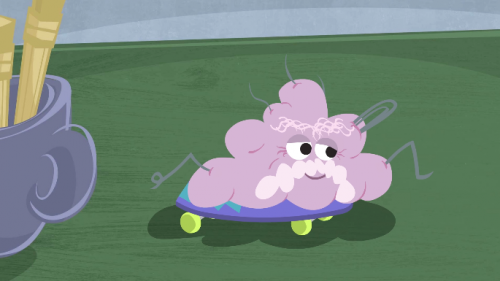
"Here's the deal, Jack. Children need to find ways to make sense of the world around them -- we all do." --Gummerson
If you've seen Good Thinking!, SSEC's new web series on "the science of teaching science", you've probably seen Gummerson -- and perhaps wondered who (or what), exactly, he is?
Dr. Jennifer Stern is a Space Scientist at the NASA Goddard Space Flight Center in Greenbelt, Maryland. Katya Vines, a Science Curriculum Developer at the Smithsonian Science Education Center, recently interviewed Jen about her role on the Mars Curiosity Rover team and her path to becoming a space scientist. Some of Jen's answers may surprise you!
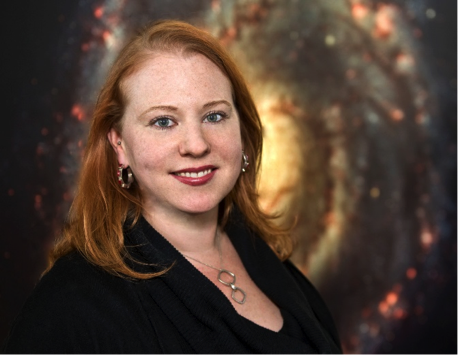
What was your favorite class in school?
On America's first Fourth of July celebration in 1777, fireworks were one color: orange. There were no elaborate sparkles, no red, white, and blue stars -- nothing more than a few glorified (although uplifting) explosions in the sky.
As it turns out, although we've been lighting fireworks for the last 2000 years or so, modern fireworks were only invented in the 1830s -- so, what were they like before then? When Henry VII had fireworks at his wedding in 1486, how did they look? How have fireworks and the science behind them evolved throughout history?
The latest episode of SSEC's Good Thinking! series, Fired Up About Energy, features a new classroom guide: Bunsen the (you guessed it) Bunsen burner. The episode focuses on teaching and discussing energy in the classroom, and explores common student misconceptions related to the topic.
"Go to your happy place" -- Blossom the Orchid
Last week we debuted a new animated web series for science educators, Good Thinking! As I described in my launch-day post, the series is a character-driven exploration of research-based practices in science education.
Featuring Dr. Alan Stern
Poor Pluto is finally getting a visit! To the disappointment of stargazers everywhere, the icy space rock, only 1/6 the size of Earth, was downgraded to a "dwarf planet" in 2006 as we learned more about our solar system. While we may not quite be over Pluto's "ex-planet" status, we have at least one thing to celebrate: Almost 90 years after its discovery, we're finally visiting Pluto!
Meet New Horizons
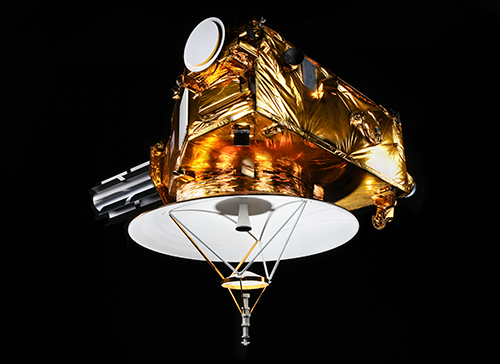
English language learners (ELLs) are a population of students that is growing in the United States. Educators face the challenge of helping students learn English at the same time as grade-level science content. This can be especially challenging when working with newcomers. Newcomers, by definition, have been in the United States for two years or less and have little to no English proficiency. In addition, some newcomers are refugees who have had interrupted schooling and spent time in refugee camps. How do you successfully teach science content to these students?
Findings from science education research rarely make their way into classroom practice. As I've discussed before on the PLOS Sci-Ed blog, there are a lot of entrenched barriers that continue to separate these efforts. For one, most science education research is still primarily published in journal articles that are often difficult to access -- and always dense, lengthy reads.


